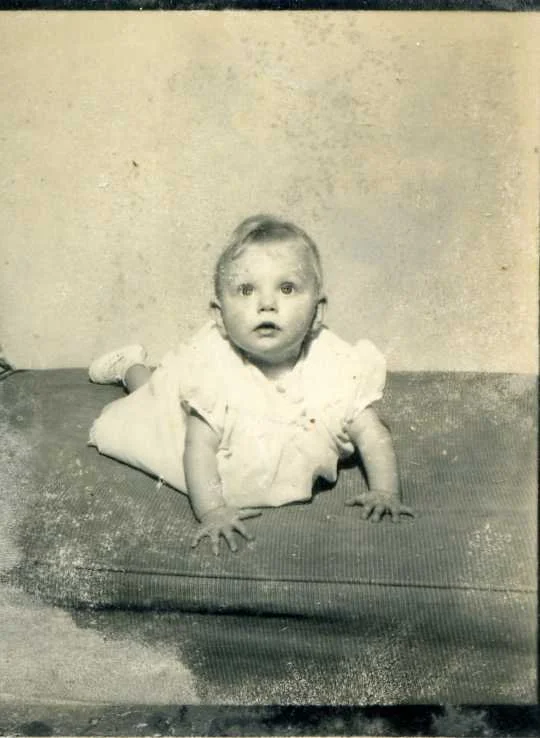How have other countries responded to forced adoptions…?
What would an apology of mean for adopted people, natural parents, children of adopted people, and the important people in their lives?
Let us know what an apology would mean for you.
The call for an apology for past adoption practices in New Zealand Aotearoa has been made numerous times, yet successive governments have not seen a need for an apology. The line from successive governments has been, ‘there were no forced adoptions in New Zealand’ – that’s not at all congruent with the experiences birth mothers have shared with us.
Meanwhile, other countries already have or are preparing to take this important step.
Scottish Government Apology for Forced Adoptions - 2023
On 22 March 2023 Nicola Sturgeon, First Minister of Scotland delivered an apology to the people impacted by the practice of forced adoptions that occurred in Scotland in the 1950s, 1960s and 1970s.
A full transcript of the First Minister’s speech and apology can be found here.
In February 2023 the Western Australian Parliament began an inquiry into the past adoptive policies and practices of the twentieth century, notably the years between 1939 and 1980. The inquiry will seek to:
understand the lived experiences of those affected by historical forced adoption practices
examine the role of the State Government, health services and private institutions in these practices
identify what measures are currently available to assist persons experiencing distress, their effectiveness, and how those persons may be supported further
consider any other matter that arises during the course of the inquiry deemed to be relevant by the Committee.
January 2023 - Magdalene Laundries Ireland. Northern Ireland Police are looking for mothers and their children who now might be in Aotearoa to inform their investigation into illegal adoptions, forced labour, and abuse at Magdalene Laundries between 1922 and 1990. More information can be found here and here.
Australian Apology 2013
On 21 March 2013 the then Australian Prime Minister, Julia Gillard, made a formal apology to adopted people and their natural parents for the practice of forced adoption between the 1950s to the 1980s.
Here is the former Australian Prime Minister, Julia Gillard, delivering the apology 21 March 2013.
Although ‘Sorry’, even a genuine sorry, can never repair what was severed, never take back the years of wondering, isolation, grief, and other feelings that followed at your heels through your life. It can’t embed memories of playing with our biological siblings as a child, or secure our natural mother’s gaze so firmly in our soul that we know, no matter what, she will always be your mum, or erase the sense of not belonging. But a formal apology is a recognition that adoption is complex, traumatic, has generational impacts and as an experiment, failed.
The Republic of Ireland
A second reading of Ireland’s Birth Information and Tracing Bill 2022 was delivered in May 2022 Ireland.
The proposed Bill aims to '… delivers full access to all information, un-redacted, with no more vetoes and no more are being held back, with everyone getting access to their full set of information.'all documents are available to people adopted legislation fully opening birth records and all records for adopted people’.
The full reading of the Second Bill can be accessed here and the transcript is available here.
Forced adoptions in Ireland continued even though the practice as outlawed. This documentary tells the story of some of the children who were forceably taken from their parents.
This research report recommends that: a new legal care order termed ‘simple open adoption’ be introduced across Australia for children who cannot be raised in their family of origin; the approach to birth certificates be addressed; and that children and young people who have experienced trauma and displacement are supported through life.
